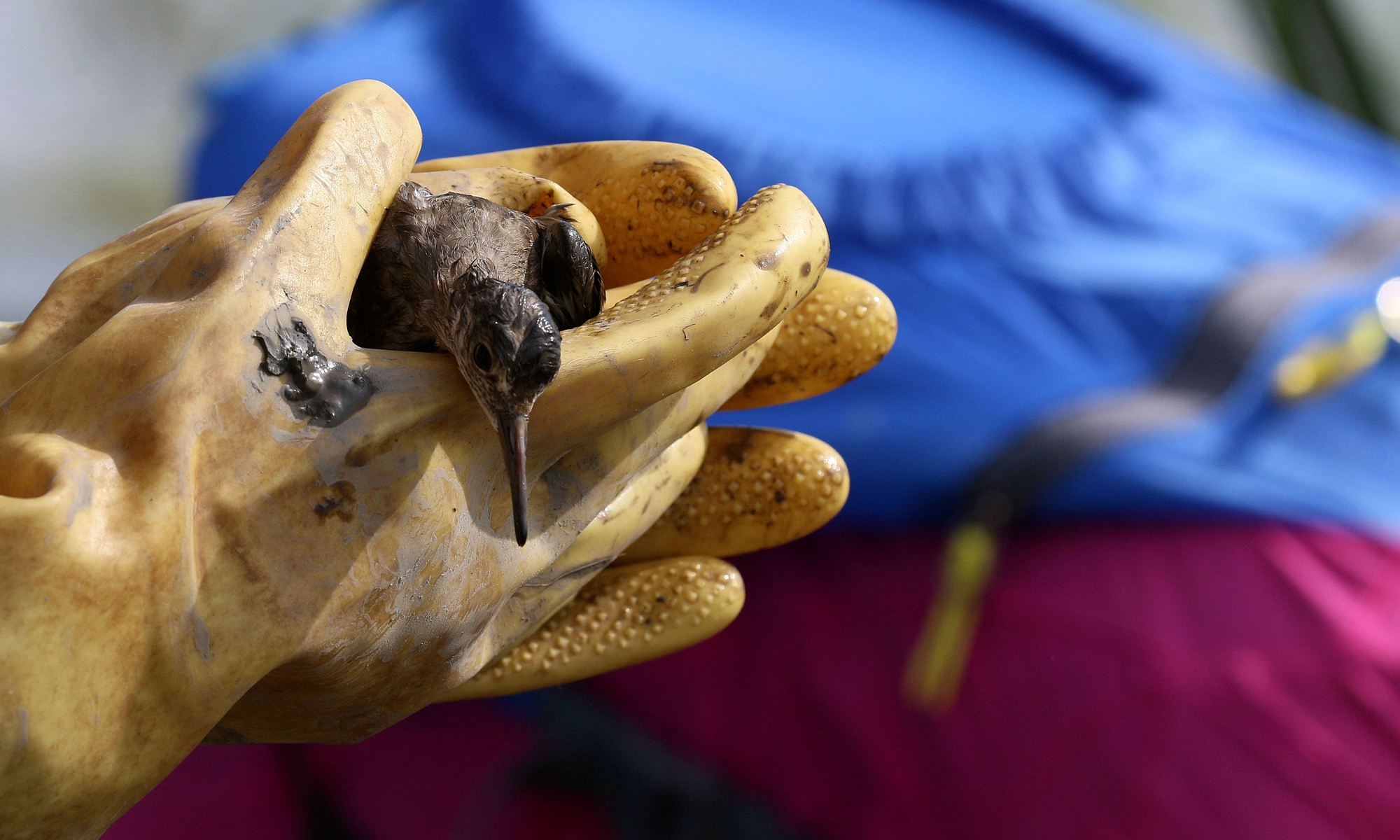Chinese police crackdown on illegal online wild animal trade amid COVID-19
Source: Global Times Published: 2020/8/26 6:43:40

A volunteer helps save a bird in Harbin Photo: CFP
Police in East China's Zhejiang Province have cracked down on the illegal online trading of wild animals, detaining 11 suspects and over 6,800 wild animals saved including 1,000 horned frogs and 300 rainforest scorpions, according to media reports on Tuesday.
The national authorities have said that some wild animals being traded illegally in this case are included by the Convention on International Trade in Endangered Species of Wild Fauna and Flora, such as the Mexican fire leg tarantula, Mexican red-tailed spider and the emperor scorpion, according to the reports.
These wild animals were sold through a live-streaming auctions attracting 3 million fans and more than 100,000 daily views. Sales volume reached up to 10 million yuan ($1.45 million) almost a year.
The COVID-19 epidemic outbreak has made more people aware of the importance of protecting wild animals. South China's Guangdong Province became the first Chinese province to revise its local regulation on wildlife protection on March 31, in a decision made by the provincial People's Congress to follow the national decision to ban wildlife trade since the coronavirus pandemic.
However, more illegal trading shifted online, causing Chinese online platforms pressure. After the epidemic outbreak, over 750,000 pieces of information about wild animals trading were removed or blocked by major e-commerce platforms in China while 17,000 online stores or accounts were closed, according to China's market regulators.
It would be better if the platforms set up an easy way for citizens to report the illegal trading, Guo Peng, director of the center for animal protection studies of Shandong University told the Global Times on Tuesday, noting that online platforms have the obligation to make sure that the products offered for sale on their platforms are legal.
Some farmers even don't know that "the wild animals they hunted and sold are rare or endangered wild animals," Guo said, adding that many buyers are aware of the trade is illegal.
Guo called for more efforts to raise awareness of the regulations especially of people in remote mountain areas where endangered wild animals might live.
Those who illegally purchase, transport or sell endangered wild animals and related products under the state key protection plan will be sentenced to no more than five years and a fine, according to the current laws.
Posted in: SOCIETY